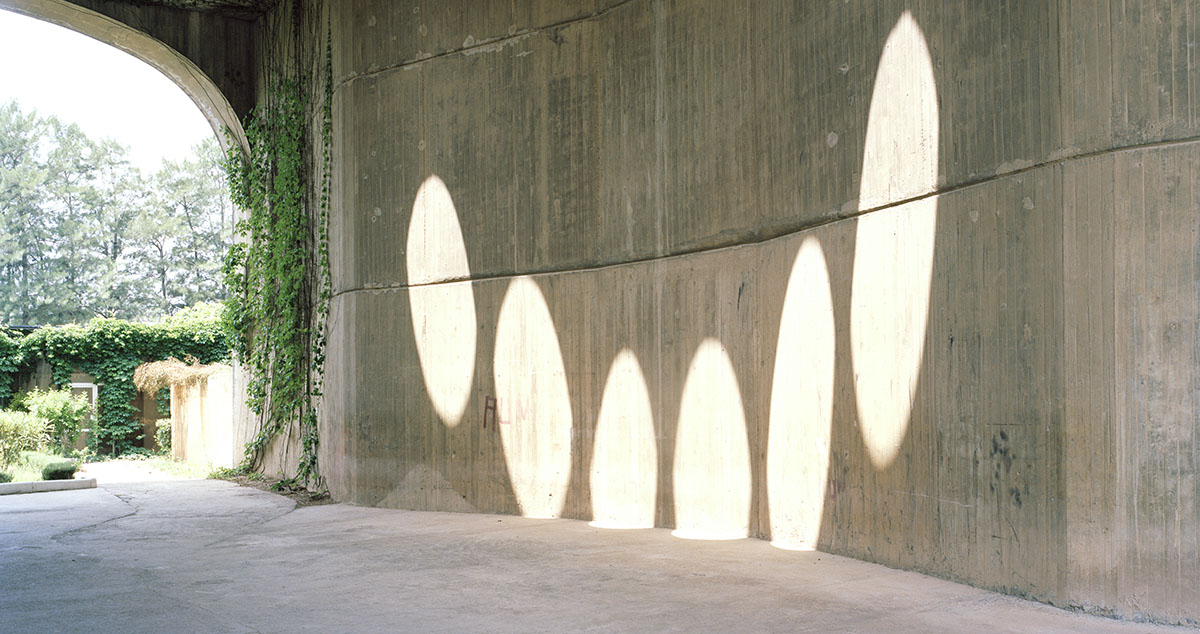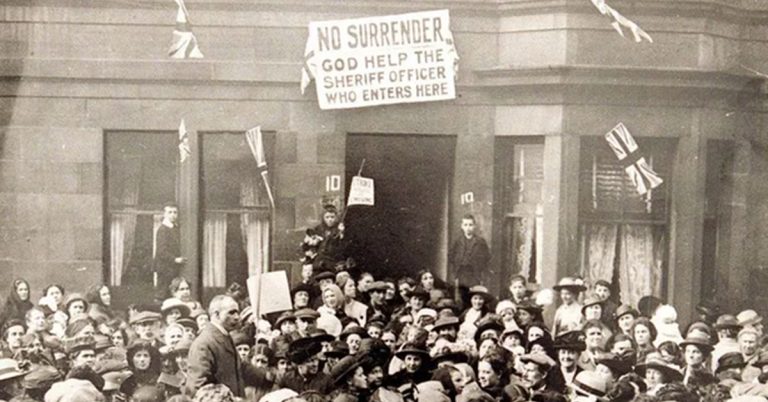
How can we recognize emancipatory visions instead?
By Simon Wolfgang Fuchs and Thomas Pierret
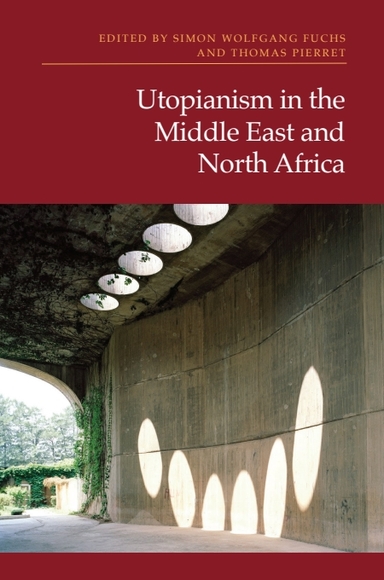
Utopianism in the Middle East and North Africa is the first comprehensive overview of utopianism in the modern Middle East and North Africa
Dubious taste is not the issue. Sure, one can argue about the aesthetics (and ethics) of superyachts, golden statues and ostentatious dining. The real problem with Donald Trump’s AI-generated ‘Trump Gaza’ video is that this supposed ‘vision’ remains silent about both the ethnic cleansing necessary to carry it out and the blocked Palestinian aspirations to statehood it would entail. This real estate nightmare, aimed at the super-rich, disguises itself as a utopia by tapping into long-held sentiments common to many imaginations of the future. Chief among this heritage is the idea that the old must be destroyed (conveniently provided by the carnage and devastation carried out by Israel after the Hamas-led massacres of October 7) to erect the new on a clean slate. Remove the rubble, start afresh, and build a happy, safe and prosperous new world – without regard to everyone who is left behind.
Saudi Arabia’s authoritarian utopia: the NEOM project
A less inhuman, yet decidedly authoritarian approach is currently on display in Saudi Arabia. Techno-utopianism seems to have found its undisputed global champion there in Crown Prince Muhammad bin Salman, who in 2021 announced the imminent construction of The Line, a street- and car-free, fully automated linear city consisting of two parallel, 170 km-long and 500 m-high buildings. The entire project, called ‘NEOM’, is supposed to rival the pyramids in Egypt and bring about a ‘civilizational revolution’, featuring gigantic, futuristic design elements that appear to defy the laws of physics. As the Wall Street Journal recently reported, citing an internal memo from the summer of 2024, the staggering sum of $8.8 trillion would be required to complete all aspects of NEOM by 2080.
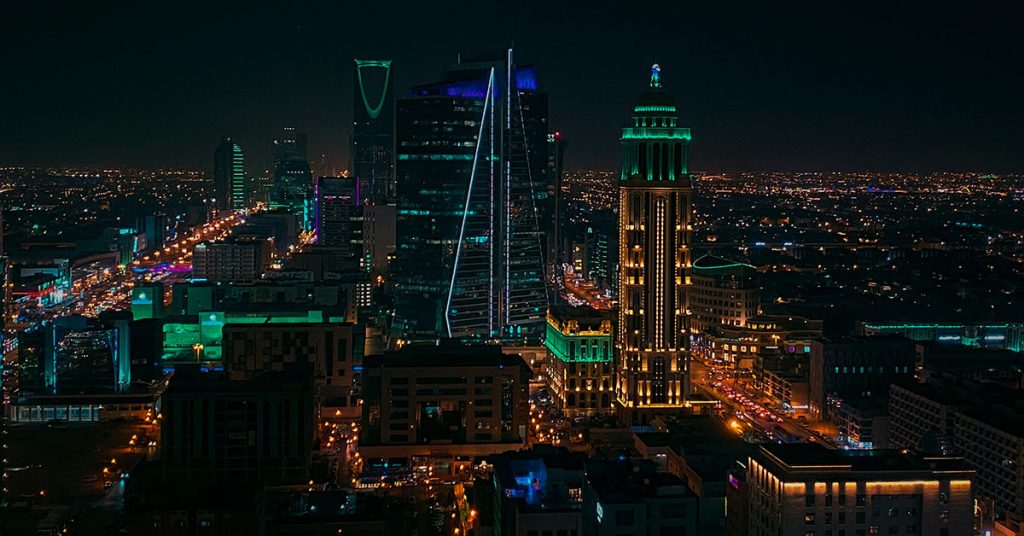
A history of utopias in the Middle East and North Africa
In our view, these oppressive utopias are a distraction, to put it mildly. They succeed once again in convincing global audiences that the Middle East and North Africa are indeed exceptional spaces to be shaped and acted upon by autocrats and outside players at will. Such a lens, however, does not consider how intensively the region has grappled with utopian thinking since the late 19th century. This is where our edited volume, Utopianism in the Middle East and North Africa, comes in. As the contributors demonstrate, the Middle East has been in intimate conversation with global intellectual and political trends. This began with pushing for civilizational progress, modeled on European achievements, in the late 19th century, when utopian thinking meant demanding the codifications of laws or establishing of parliaments in order to usher in a period of stability, unity and progress. Energetic efforts at closing the perceived gap with Europe frequently unleashed significant brutality. Seen from this angle, the robust secularism of the Turkish Republic after empire was almost turned into a surrogate religion to bind citizens together.
Such early visions were replaced by even more ‘radical’ approaches in the mid-20th century which combined high-modernism and revolutionary ideologies. Nuclear energy, for instance, became a promise with the ability to turn Egypt into a ‘workers’ paradise’. Decolonisation ushered in a new era in which Middle Eastern and North African countries started to produce original utopias that occasionally appealed to foreign intellectuals and activists. From the 1960s onward, Islamist actors emerged on the scene who believed that the Prophet’s early state, in direct opposition to Western models, could be re-established in the modern world. This meant foregoing the wait for divine intervention, but realizing it here and now through human action, even in the remote location of an open-air prison in the North African desert. After the severe disappointment following the Arab Spring of 2011, small scale became key again with immanent grassroots utopias to be realized as soon as possible in local and regional contexts. These, in turn, provoked counter-revolutionary reactions that produced their own (techno-)utopian narratives of legitimation, while byproducts took the form of literary dystopia, and of a nostalgic quest for utopian models in past experiences. Authoritarianism, doom and gloom and the idealisation of the past: these are the main obstacles that will have to be overcome for emancipatory utopianism to be reinvigorated in the Middle East, North Africa and beyond.
About the authors
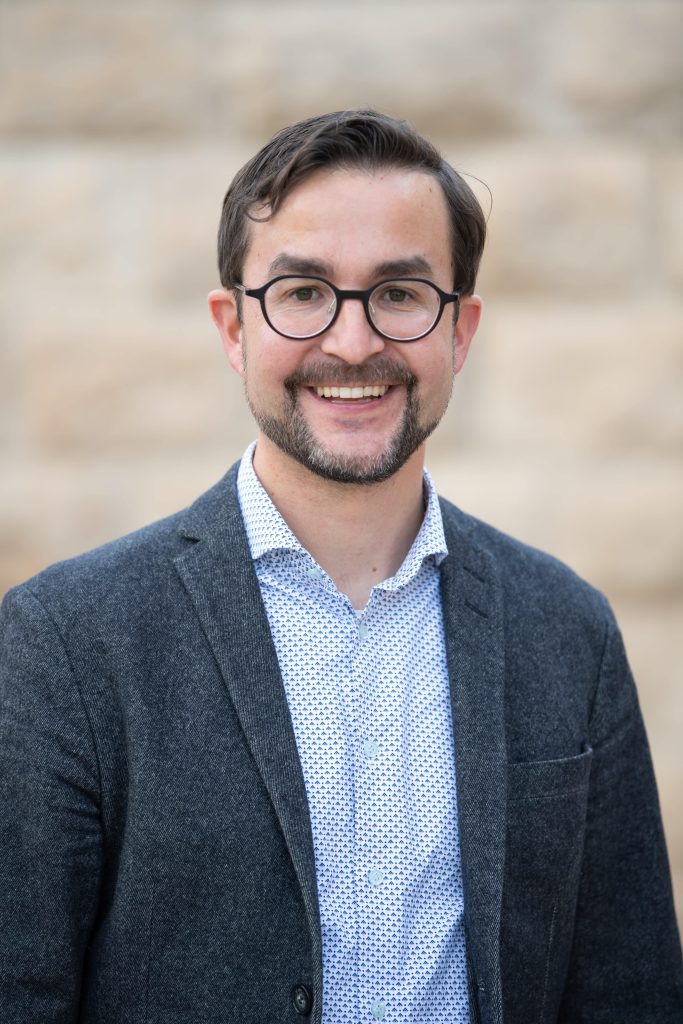
Simon Wolfgang Fuchs is a visiting fellow at the Centre for Islamic and West Asian Studies, Royal Holloway, University of London. He obtained his PhD from Princeton University’s Department of Near Eastern Studies in 2015 and has since taught at the Universities of Cambridge, Freiburg and Frankfurt. Simon works on transnational connections between South Asia and the Middle East as well as on global Islam in the modern period. His last monograph, In a Pure Muslim Land: Shi‘ism between Pakistan and the Middle East, was published by University of North Carolina Press in 2019. He is currently working on a global history of the Iranian Revolution of 1979.
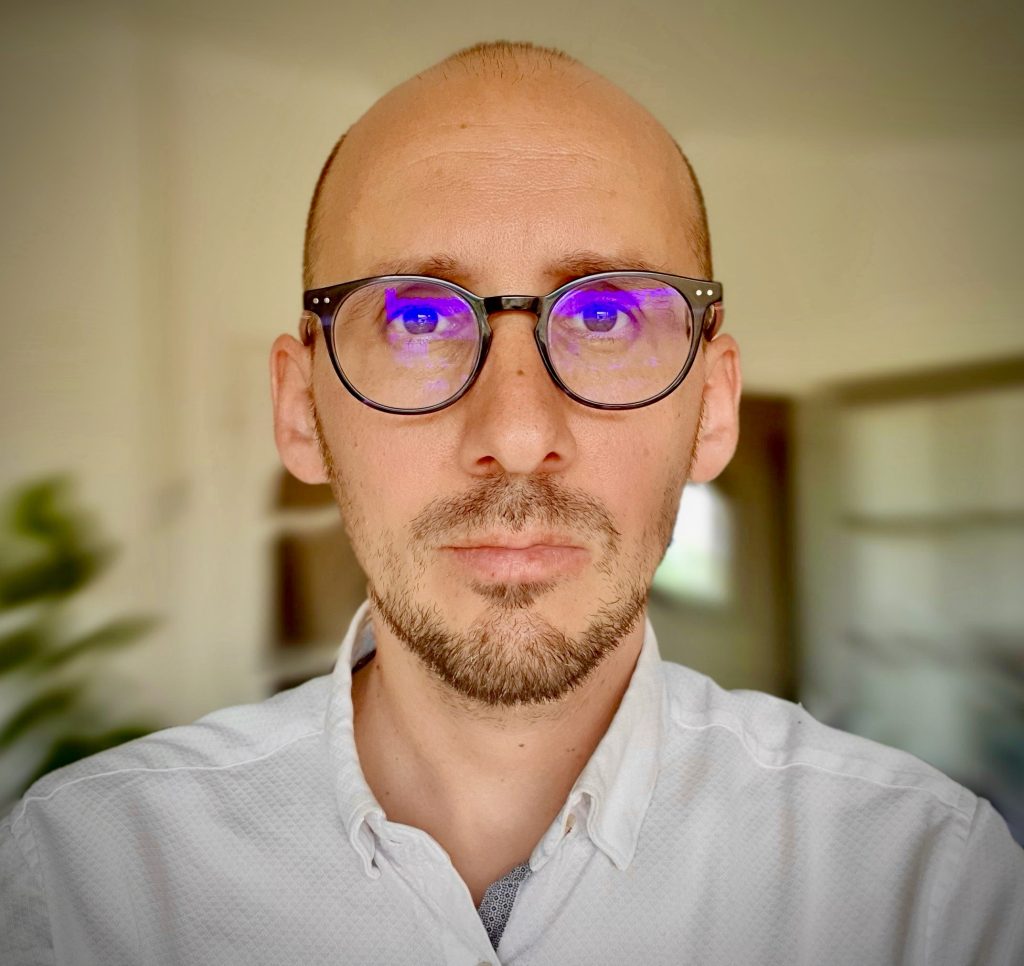
Thomas Pierret is a Senior Researcher at Aix Marseille Université, CNRS, IREMAM, Aix-en-Provence, France. He holds a PhD in Political Science from Sciences Po Paris and the University of Louvain. He was a Senior Lecturer at the University of Edinburgh (2011-2017) and a Postdoctoral Research Associate at Princeton University. He focuses on politics and religion in modern Syria. He is the author of Religion and State in Syria: The Sunni Ulama from Coup to Revolution (Cambridge University Press, 2013) and Islam in Post-Ottoman Syria (Oxford University Press, 2016), as well as the editor of Ethnographies of Islam: Ritual Performances and Everyday Practices (Edinburgh University Press, 2012).
Sign up to our mailing list for news, articles, 30% off books and more
Featured image credit: Jason Oddy. Mentouri University I, Constantine, Algeria 2013. Courtesy Elliott Gallery Amsterdam


